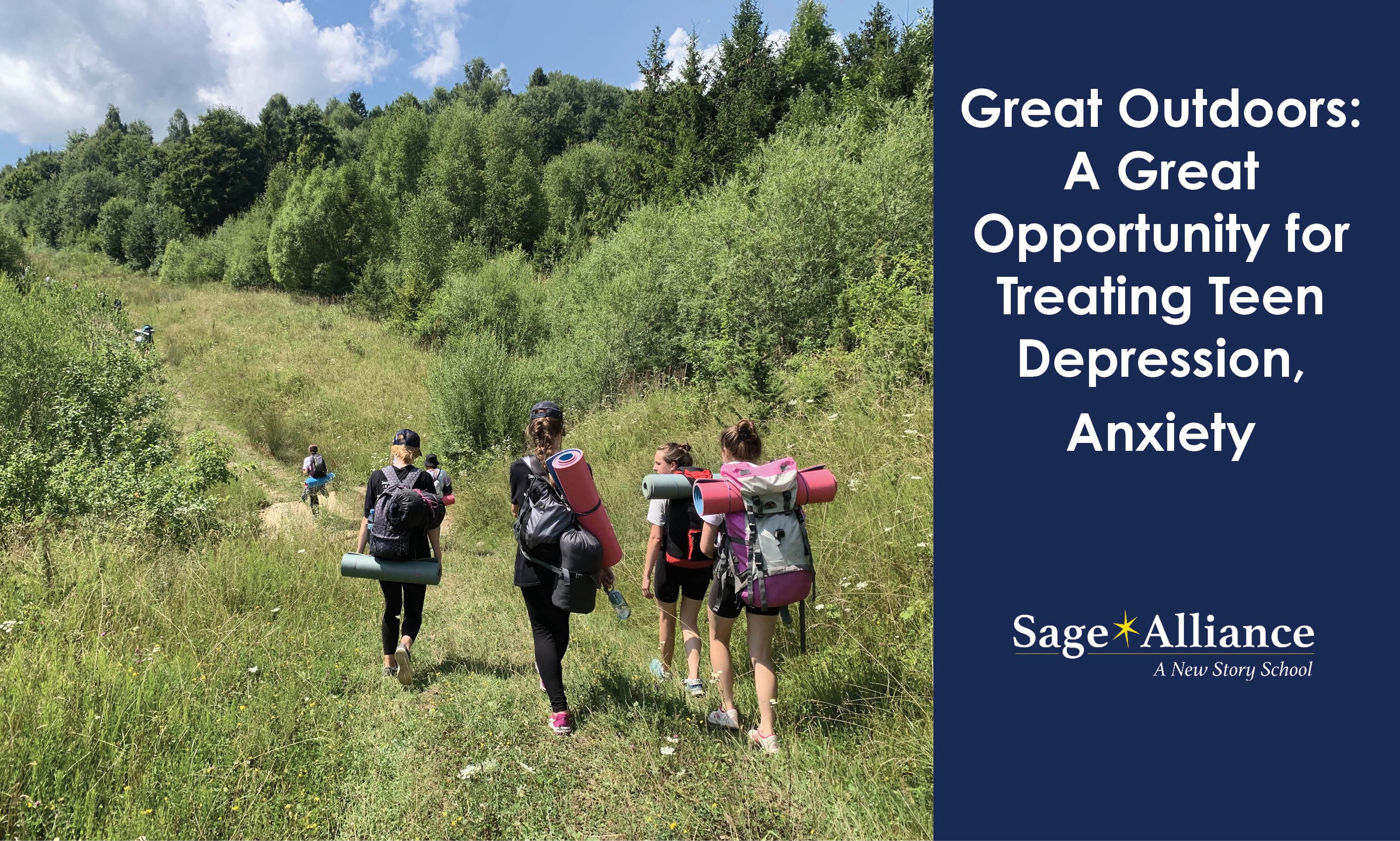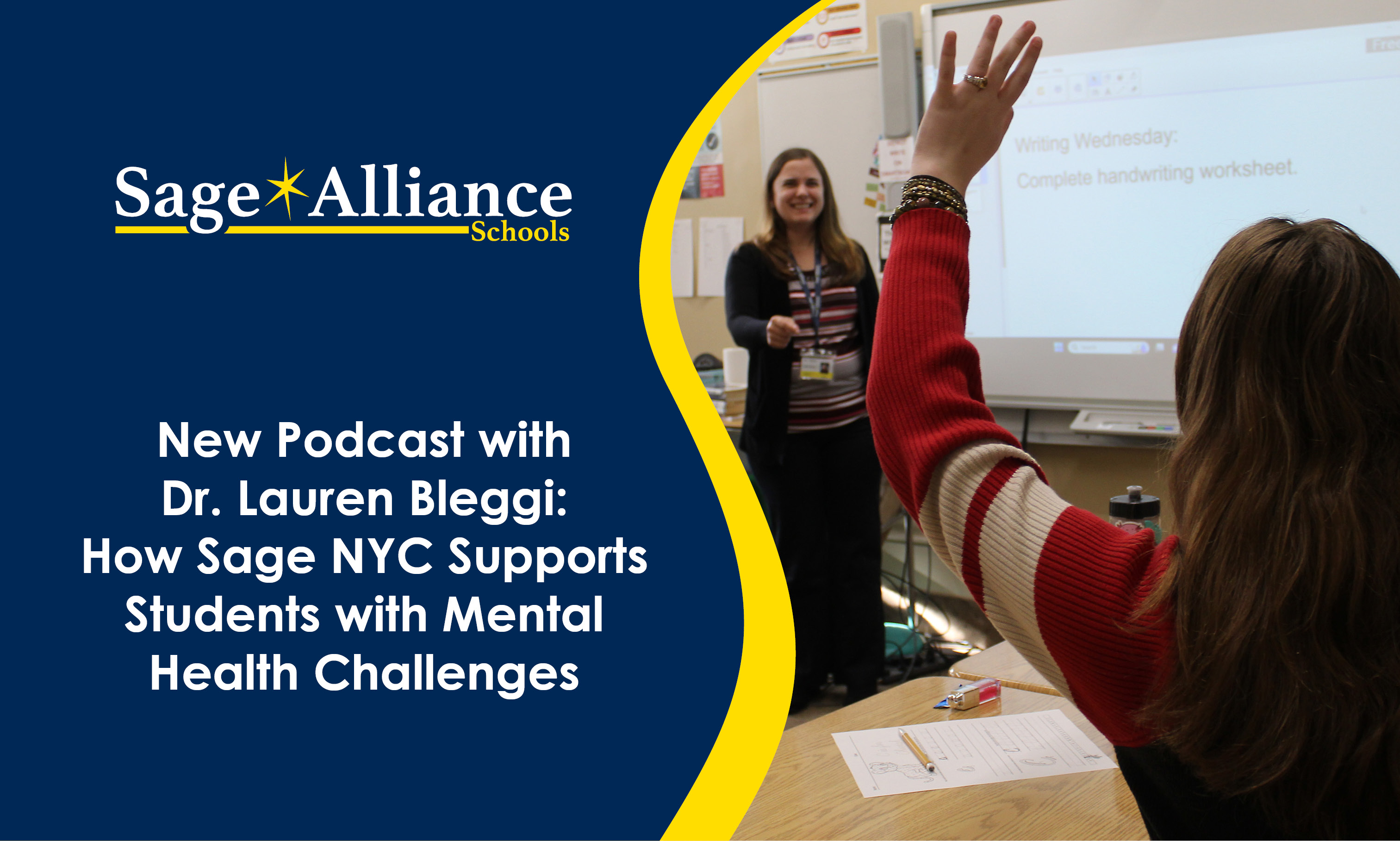Great Outdoors: A Great Opportunity for Treating Teen Depression, Anxiety
Posted: June 04, 2016 | Written By: Holly Ference | Category: Teen Depression

Anxiety and depression can cast a shadow over the lives of teens, even during the ordinarily carefree summer months. For teens dealing with mental health issues by attending therapeutic schools, the loss of the support and structure offered by these programs during the summer months can be problematic. Fortunately, therapeutic summer camp programs are available to help teenagers continue treatment in a challenging and fun environment.
What Is Wilderness Therapy?
Summer camps designed for teens dealing with anxiety and depression often employ wilderness therapy to guide help their charges. Wilderness therapy is highly activity-based, and makes use of outdoor activities such as backpacking, canoeing, camping, etc. The natural consequences of these activities help teach teens personal and social responsibility. Mastering the skills required by these activities also helps bolster their confidence and self worth.
Wilderness therapy also includes a healthy dose of traditional therapy, with time spent in group and individual sessions with licensed, qualified counselors. These counselors help teens apply the lessons learned in their outdoor activities to situations they may encounter back in their everyday lives.
Learning how to survive and prosper in the outdoors is incredibly empowering. The escape from everyday pressures and triggers also helps teens gain clarity and the opportunity to reflect on the direction of their lives. These opportunities make wilderness therapy an invaluable tool for struggling youth.
Wilderness Therapy: An Effective Tool
According to a study by the Center for Research, Assessment and Treatment Efficacy, wilderness therapy and related treatments can be quite effective for helping teens with depression, anxiety, and other mental health issues. Researchers interviewed 192 teens and pre-teens aged 12-17 enrolled in three wilderness programs at different locations in the U.S.
The study found that about 23 percent of teens enrolled in the three programs reported moderate to severe anxiety or depression when they enrolled. When they left the program, only 5 percent reported moderate to severe anxiety or depression. The study found that wilderness therapy was highly effective at treating defiance and opposition, too. At enrollment, about 62 percent of adolescents in the programs exhibited symptoms of moderate to severe disruptive behavior programs. By graduation, that number had dropped to 11 percent.
The study further found that wilderness therapy was an effective tool in teaching adaptive emotion regulation strategies and helps to reduce less constructive ways of dealing with problems. Wilderness programs help teach adolescents better skills for managing negative emotions like sadness, anger, and worry. It also provides them with opportunities to put these skills into practice.
The study found that wilderness therapy had solid long-term results. According to the research, many adolescents in the programs retained gains for a year or more. For parents searching for a summer solution that works, therapeutic summer camps using wilderness therapy may provide the right answer.
Sage Day is a New Jersey therapeutic school offering specialized programs for students with a variety of issues, including depression and anxiety. Accredited by the Middle States Association of Colleges and Schools Commissions on Elementary and Secondary Schools, Sage Day offers a rigorous academic program in an environment that also incorporates a comprehensive clinical program. Learn more about how Sage Day can help by contacting 201-843-3800.
Source: http://www.createnc.com/wp-content/uploads/CReATE-OBHReport-web.pdf
Want to be notified of new articles and resources from Sage Alliance? Click here to submit your email and opt into our newsletter.









